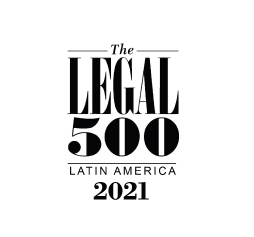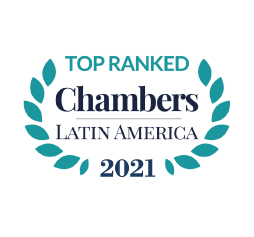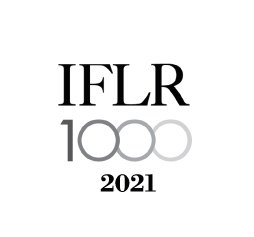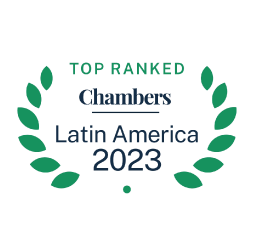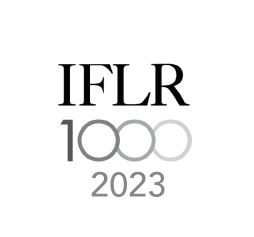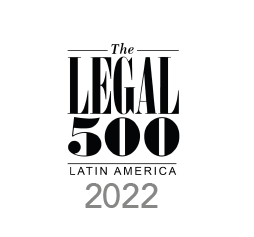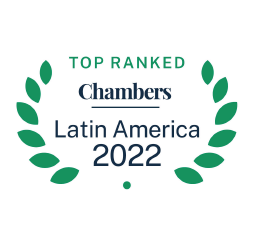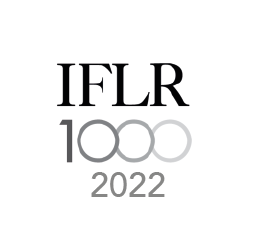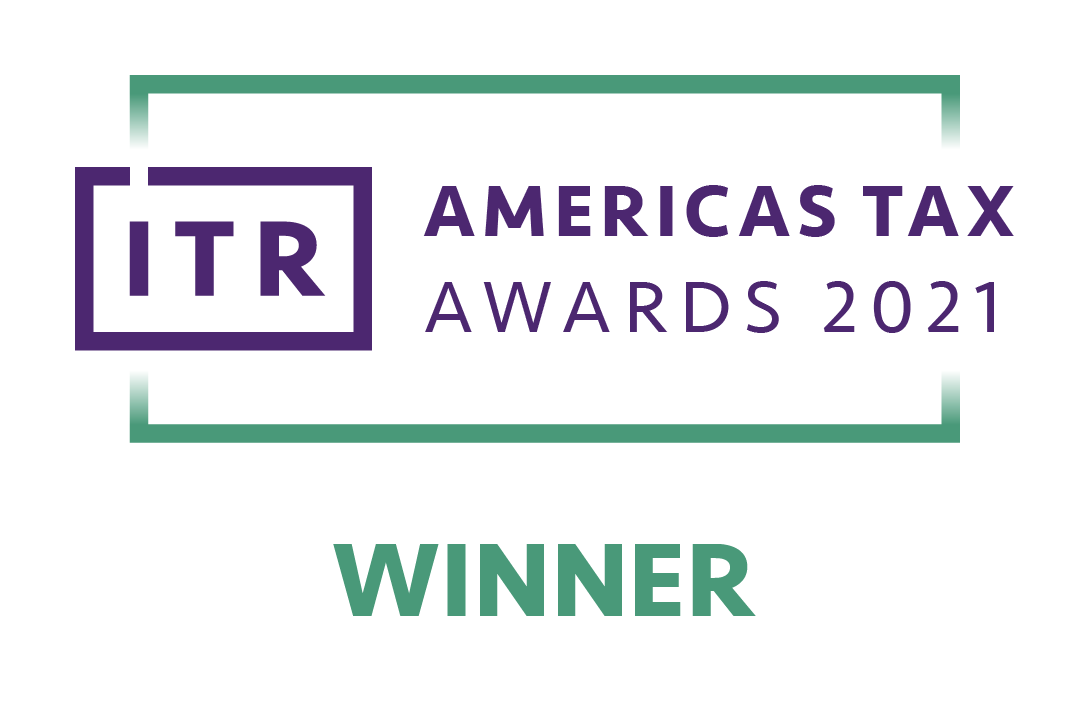On 12/27/21, the Executive Branch issued Decree No. 6515 (the “Decree”), modifying articles 7 and 9 of Decree No. 3181/19, which regulates the Non-Resident Tax established in Law No. 6380/19 (the “Law”), as follows:
- Income achieved by non-residents (such as: Netflix, HBOgo, Spotify, Amazon Prime, Google, YouTube, Facebook, Instagram, Deezer, PayPal, Twitter, Apple, Airbnb, Uber, Bolt) through the provision of digital services in the national territory are maintained as income taxed by the INR.
- An important issue is highlighted here: Banks, financial entities, exchange houses, cooperatives, payment processors or similar entities, as well as telephone companies or other entities that mediate in the provision of such services, are exempted from the obligation of withholding the INR.
- Consequently, the Undersecretariat of State for Taxation (the “SET”) is authorized to regulate the way in which the INR would be determined and paid in regard to said type of income. In view of this, we could assume that non-residents who provide digital services in the country to final consumers, would have to declare and pay the INR personally through a special methodology shortly.
- In other respects, Corporate Income Tax (IRE) taxpayers who acquire digital services, regardless of the payment method, are appointed as withholding agents for income of this type.
- All these measures will come into force on 01/01/2022.
- Let’s bear in mind that taxation of the digital economy is a very important issue for the international tax community and the jurisdictions, being even one of the key points of the 15 actions proposed by the Action Plan on Base Erosion and Profit Shifting (“BEPS”), specifically in Action 1.
- In this sense, these provisions by the Executive Branch are novel implementations of good practices for tax collection, which are in line with international recommendations; among them those contained in the document “VAT Digital Toolkit for Latin America and the Caribbean” prepared by the Organization for Economic Cooperation and Development (OECD), the World Bank, the Inter-American Center of Tax Administrations (CIAT) and the Inter-American Development Bank (IDB).
- In said document, it was concluded that the most effective and efficient method to guarantee an adequate collection of VAT on international business-to-consumer supplies is to require the non-resident supplier to register and declare the tax in the tax jurisdiction; and to that end jurisdictions should create a simple or simplified collection and registration system, which could be replicated in the case of INR.
- However, we must take into account that Paraguay adhered to the new international plan agreed upon by more than 130 countries, made up of two pillars; according to official OECD publications, it seeks to reform international tax regulations and ensure that multinational companies pay a fair percentage of taxes wherever they operate.
- Among these pillars, there is the much discussed pillar one (the “Pillar One”), which proposes a new international distribution of the tax rights of the countries with respect to the income of the largest multinational companies, including and especially digital ones.
- Due to this, it is no less important to mention that the international trend to date is to eliminate the unilateral liabilities to taxes at the source of income obtained by non-residents from digital services, since, according to the latest work documents, the new rules of the game (Pillar One and Two) are expected to come into force by 2023

